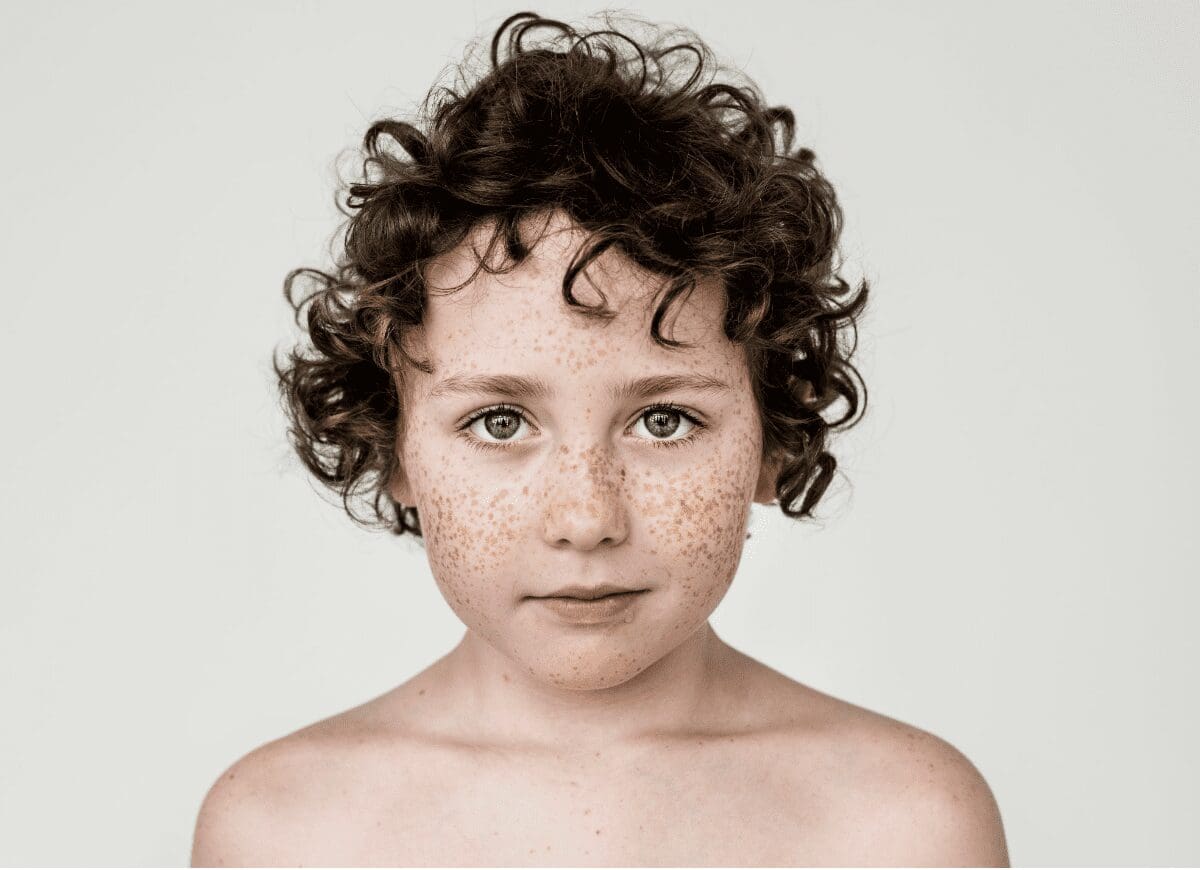By: Savannah Wilson
Kids in Erie can have it tough. I was born and raised here, and in my 21 years, I’ve seen how poverty at home and within a community can make it hard to thrive. I moved around to different schools a lot, and nobody explained to me why our schools were closing. The Glenwood playground is a fancy credit union now. There are only two high schools left.
My mom worked three jobs and we lived paycheck to paycheck, until my grandparents had to raise me. There were kids who came to school every day in the same clothes because they couldn’t afford more, and they’d be bullied for it every single day. Being poor makes it pretty hard to be a good student.
Erie is one of the poorest cities in the country, and almost half our kids are living in poverty. That makes our child poverty rate the one of highest in the country. Seeing these numbers scares me.
Poverty leads to stress. Inequality creates desperation, and can lead to crime. So as childhood poverty skyrockets, it should be no surprise that we’re seeing a drastic increase in juvenile violence. Parents working multiple jobs have no choice but to leave kids at home. Too often, this means we end up raising ourselves on the streets.
But we know how to solve these problems. One clear way to address childhood poverty and bring down violent crime is by instituting a basic universal income program in Erie. We even have the funds to support a pilot program — COVID relief funds the city has received and still not spent. What could be a better use of this resource than helping our children survive and thrive?
The research is clear that simple cash transfer programs like universal basic income (UBI) are extremely effective at reducing crime and violence.
Evidence shows that a guaranteed income can decrease homicide, property crime, overdose deaths, and domestic violence. Cities like Chicago, Philadelphia, Pittsburgh, Harrisburg, and Jamestown, N.Y., have invested in UBI programs to alleviate the trifecta of racism, poverty, and violence.
We could alleviate poverty, decrease crime, and help Erie children grow up to be happy, healthy, contributing adults. We just need leaders who have the political will to solve the problem. Right now, we don’t — and that’s perhaps the biggest crime of all.
Despite the link between income inequality and crime, our city leaders are instead determined to make the problem worse, in my opinion. Most of the arrests Erie police make are for low-level nonviolent offenses. Many of the people impacted are already living on the margins, especially Black and brown residents. And rather than investing in the children and families who live and work here, Erie City Council has directed existing resources to provide our local police with paramilitary-level weaponry, such as the equipment utilized by the S.W.A.T. team.
Our leaders have been tirelessly promoting their $14.5 million “public safety” plan to residents, when in reality, they’re spending millions of dollars to hire officers that I don’t think we need, to do social work I don’t think they should be doing. Erie residents who can’t afford to put food on the table because they can’t find jobs that pay living wages need better opportunities, not more police. Erie residents who are battling addiction disorders need treatment and health care — not more displays of force.
No matter our ZIP code or color of our skin, we know what keeps us safe. It’s living in communities where people can thrive, where we have great schools and health care, and where we look out for each other. A universal basic income would help mothers like my sister, who can’t afford the special diets my niece and nephew need. And it’s the intervention we need to curb the surge in youth violence in Erie.
This is about funding public safety.
We need to invest in people. To help them thrive. To help our youth. And to step up and intervene in this moral crisis of young people struggling and dying in poverty. Erie has beautiful sunsets, but our peninsula and tourist attractions shouldn’t be the only thing we invest in. The people here are beautiful, too.
If you give kids the resources they need to learn and grow, you give them a new perspective on life. You give them a future.
We as a city cannot be serious about reducing community violence unless we are serious about uplifting our neighbors in poverty. We have the knowledge and we have the resources to solve our problems — we just need leaders who have the courage to do it.





















